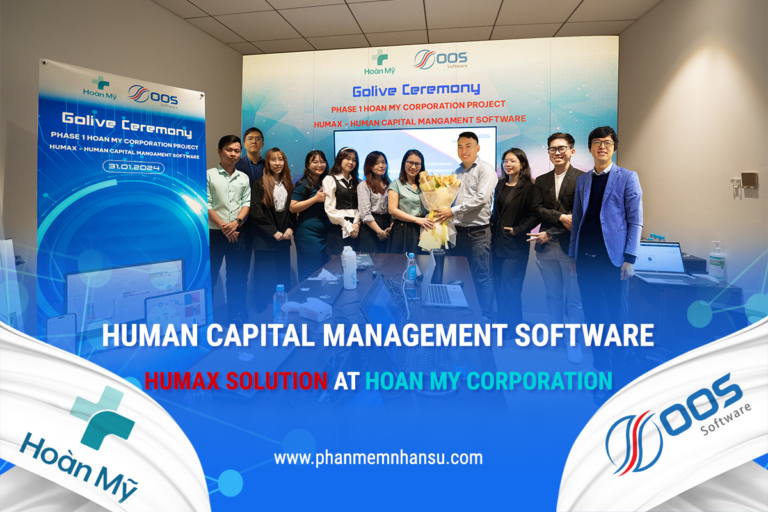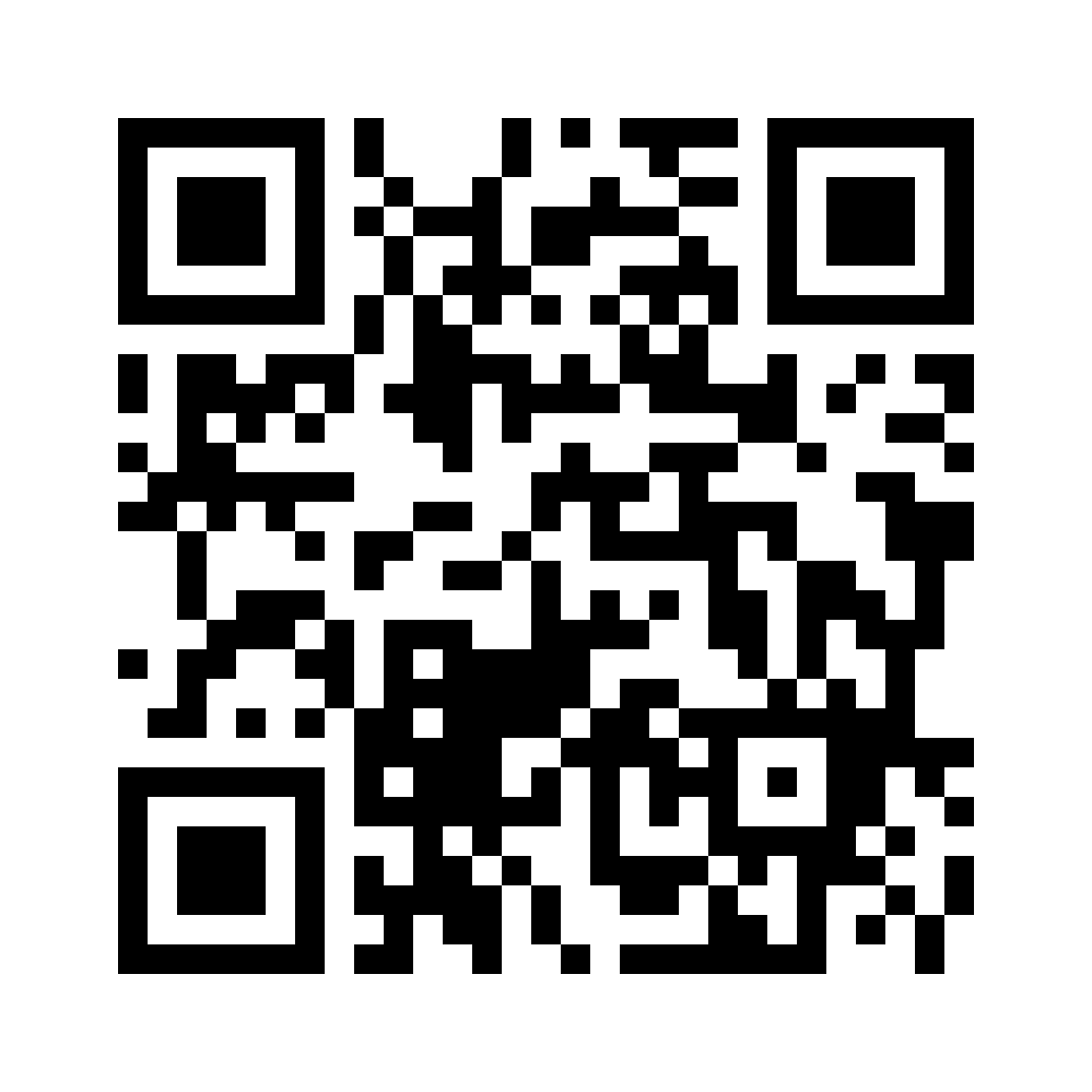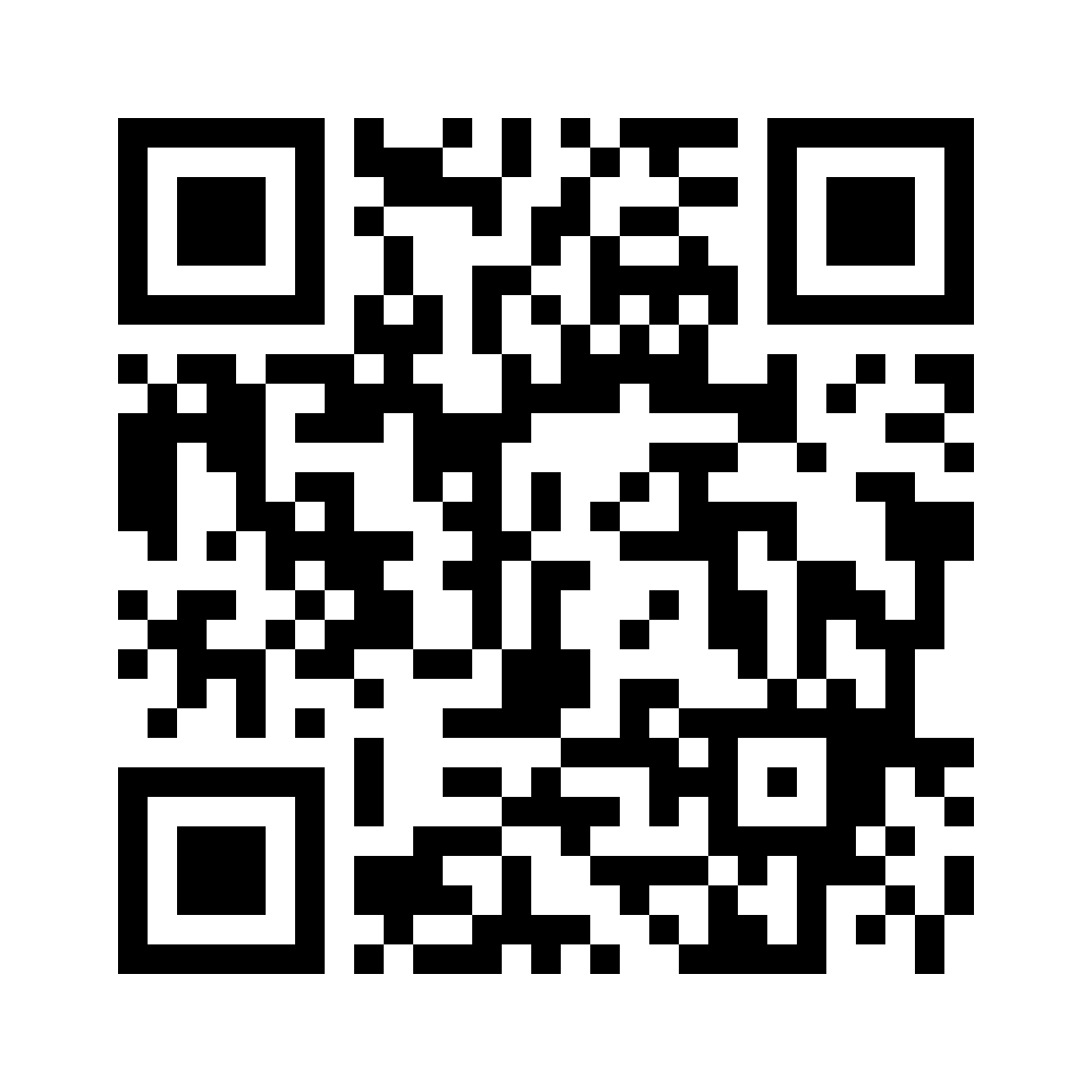One of the headache questions that everyone who is the boss and who works in Human Resources must answer. That is "how to manage human resources effectively?" Actually, to answer this question is a great and long-term effort. For simplicity, each tree, each flower, each house, each scene. And so does the company. Each company, each industry has a style. Then each employee has a style. What should I do ?
In my opinion, we should first have a look at the same concept before discussing it further. The main management is 1. tracking ; 2. test; 3. evaluation; 4. Adjust to achieve the purpose. If you learn about management, you will see more definitions such as:
– Tailor: “As a manager, you must know well: what you want others to do and pay attention to the best and most economical way they do it”.
Fayel: “Management is an activity that every organization (family, business, government) has, it consists of 5 elements: planning, organizing, directing, regulating and controlling. . Management is planning, organizing, directing, and controlling.
– Hard Koont: “Management is building and maintaining a good environment to help people effectively accomplish the intended goal”.
– Peter F Druker: “After all, management is practice. Its essence lies not in perception but in action; verifying it is not in the logic but in the results; Its only authority is achievement.”
- Peter. F. Dalark: “The definition of management must be limited by its external environment. Accordingly, management includes three main functions: business management, director management, work and labor management.
Each person, each type. I think so. If you work as a manager and an employee of the management department, your duties will be: 1. monitoring ; 2. test; 3. evaluation; 4. Adjust to achieve the purpose of the room. That's all. As for other expansions such as plans and goals, I think they should be included in the management concept.
From there we talk about Human Resource Management. Human resource management = perform the above 4 functions for the subject of Human Resources (also known as employees). Human resources to me has a broader meaning including employees + bosses and factors above the boss
How to manage human resources effectively? If you are the general manager of a company, then in my opinion you should assign someone who specializes in human resource management. Like that for a light head. I have another job to do. No matter where the money goes, it doesn't make sense to manage it all day long, multiplying it with nothing. (A little self-reflection). But hiring 1 more guy costs more. I think it's okay. It takes care of me, so I don't waste time. The main problem here is finding a job. But the child who gets that job, he must understand himself, be proactive, and think of things. But recruiting one kid just to do social insurance, timekeeping is too boring.
That is effective human resource management for Big boss.
But what about the boss and the staff in the human resources department? That is:
1. A clear HR information tracking system and an HR information system that can't answer HR inquiries within 5 minutes is not perfect.
There is also no need for any other software. But if it is, that's fine. I think managing in excel is also fine with a company size of about 200 people. The HR information system will include:
- Human resource information sheet: this is a table that includes a lot of fields from full name, code to work experience, contract expiration time ...
- Recruitment tracking table: is a table that shows who can enter the company, how much is the salary, who has passed the probationary period, who has not passed the trial ....
– Training track table: is another board that shows all information about experience, certifications, courses taken and which courses should be taken.
- Salary monitoring table: the table shows information about salary, who pays how much, when to increase salary, why to increase salary, reason for transfer, salary reduction, bonus ....
- Social insurance monitoring table: who has the book, how many years have been participating in social insurance, where is the book ....
2. Good and complete HR process:
“Because the model of each business is different, the construction of an HR process needs to be based on the size, organizational structure, and business strategy that can be relied on to build an appropriate HR process.
Typically the HR process will include:
1. Personnel recruitment
2.Training, developing and planning human resources.
3. The regimes and policies: including: salary, bonus, welfare regime...
4. The system of legal documents applied in the company. (This section also includes issues of Labor Law, Insurance Law, etc., Laws related to Human Resources, and legal documents that are developed specifically for the company.
5.Building and developing corporate culture.
Usually that is so, in fact it depends on the business, with the characteristics of the business, it is possible to build a suitable process...
Each process step includes subsections, for example:
Recruitment: includes: recruitment steps: Building a job description system for each position, job title, recruitment forms, recruitment steps according to actual activities, usually businesses Small and medium-sized enterprises will shorten the recruitment steps... But the common criteria of enterprises are: recruiting quickly, satisfying the quantity and quality with low recruitment costs...
Therefore, in order to build a feasible recruitment process and apply it in practice, it is necessary to look at your company's business model, nature and other related issues to be able to build a complete recruitment process. most correct.”
3. The policy system is widely and fully disseminated. You can see more here:
[Dich] Human resources policies – Name of human resource policies in the company
List of rules and regulations required in the company… ?
Depending on the field and industry, the company will have different policies and regulations. However, no matter what, the company still has to have a policy, still have to have rules and … still have a timekeeping machine. Timekeeper is a troublesome thing but it helps a lot for HR management. There will be no more going late and leaving early. But it does arise from being late to work. Go to 1 roll call and then go to breakfast. The truth is like that. Every company has it. Every company has someone who comes early, takes one's attendance and then goes to have breakfast.
Take a look at a few types of regulations and policies that the company should have:
Cover up chat
Covering the list of members of the staff
Cover my knife
Regulations on management and transfer of money
Regulatory policy
Covering cap and cap for every computer
Cover for the banning ban
Cover for access to information
Return to the house
QUY CHE KY LUAT LAO DONG
The palace is happy
The residence is settled in the labor force
Regulations for the treatment of female students
For me, just these 3 factors, I think that human resource management is effective. But in life people want more. And then people will ask, how to effectively manage human resources is how to make employees work efficiently, with high productivity ... That is related to what is obtained. Then we add:
4. Job description, clear goals and objectives:
The job description is important: it defines who is responsible for doing the job and who makes sure the big task gets done. A reasonable job description system, division of tasks "right people in the right job" will be an effective management measure.
An excellent manager is one who needs to make sure each of his employees is clearly aware of the work assigned to him. You will clearly understand your role, work with productivity and achieve the highest efficiency if you have the support and guidance of your boss. This is also an important factor in improving the relationship between employees and bosses.
5. Specific instructions, continuous upgrading of working experiences and tools for employees: You have a job description, goals, but no instructions, and tools are provided. If necessary, I believe that if you do, you will only get 1 effect. The new employees are fine, needless to say. Definitely need a guide. As for the experienced staff, although we are somewhat more reassured, we should still have a specific discussion on how to do it to be sure.
Of course, employees must have all the physical and personal tools to do their jobs. These include the right tools, workspace, manager support, and access to required skills and courses. In addition, guidance is also indispensable, especially in the first days of work. It helps employees to adapt to new roles, get along with colleagues and work environment comfortably.
6. Clear and consistent job evaluation tools.
It's a good idea to conduct regular employee performance reviews, where the employee and boss can discuss any issues that have arisen and rate the employee's performance. In addition, managers should create a forum for discussion within the company and to resolve employee problems. Finally, employees will be more satisfied if wages are also evaluated periodically. Obviously, they will do better if they feel financially rewarded.
It is best to use KPI and have a specific discussion, about once every 6 months. Think of it as a re-promotion.
7. Sure reward and punishment.
The last one is simple: reward employees well for their good work and dedication. The rewards don't have to be large sums of money. Employees will also be very touched if they can take a break to watch World Cup matches, for example, or participate in useful extra-curricular activities, or simply, a free lunch. They will be happy because they feel valued and will work harder and more effectively.
And there must be a penalty, I think it should be punished for sure. Say is do. If you are late, you will be fined. Not completing work reduces income is right. If there is no penalty, you will tend to ignore the work more.
A company that has all 7 of these things is too good. With more flowers and branches, it's just something like: ability dictionary, knowledge management, career path, etc. and so on. Those are the 7 ways to effectively manage human resources.























